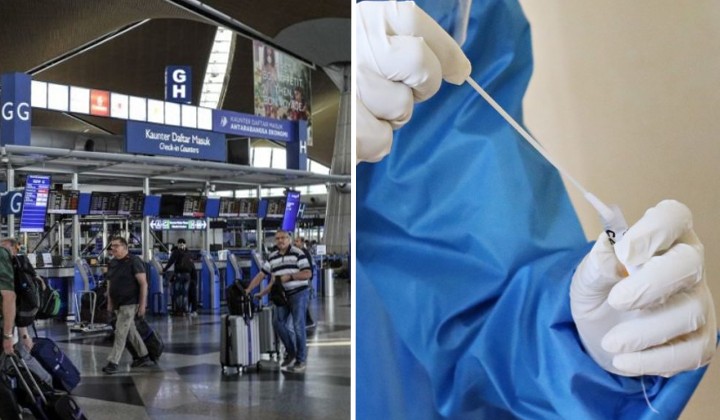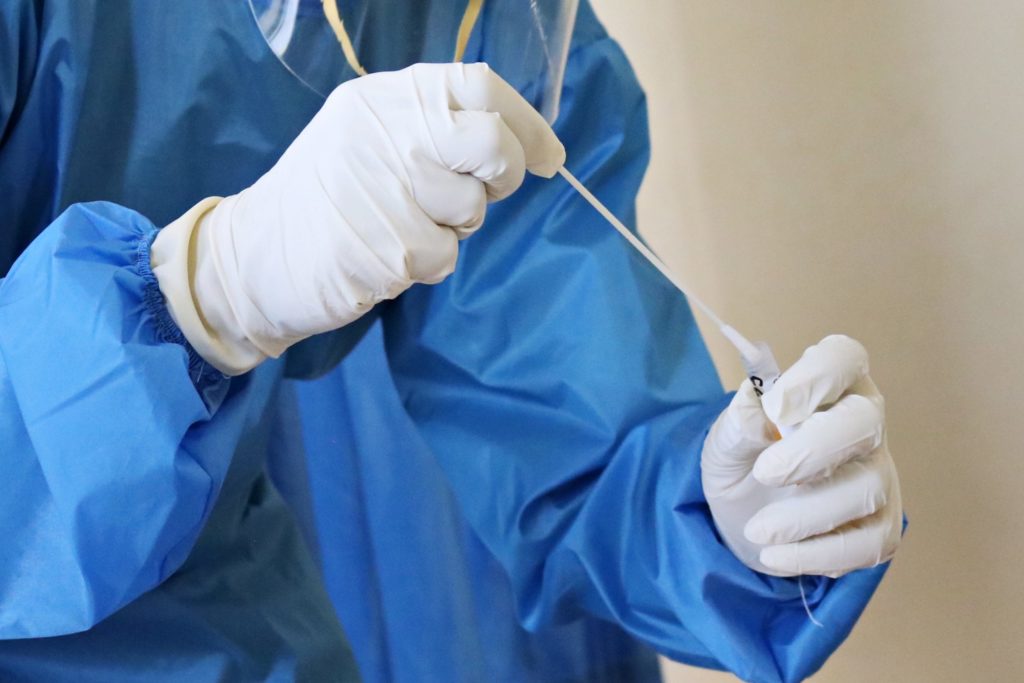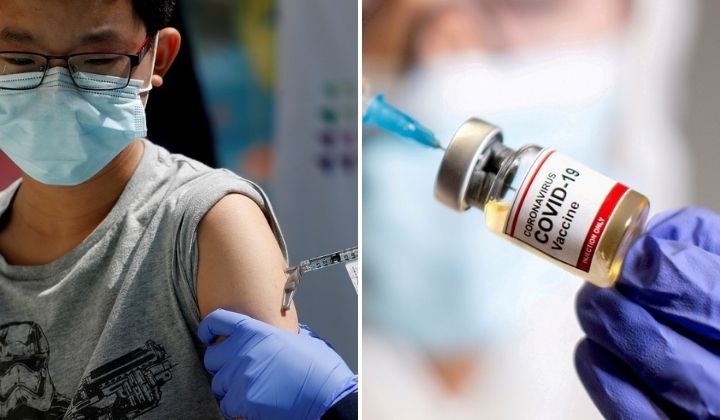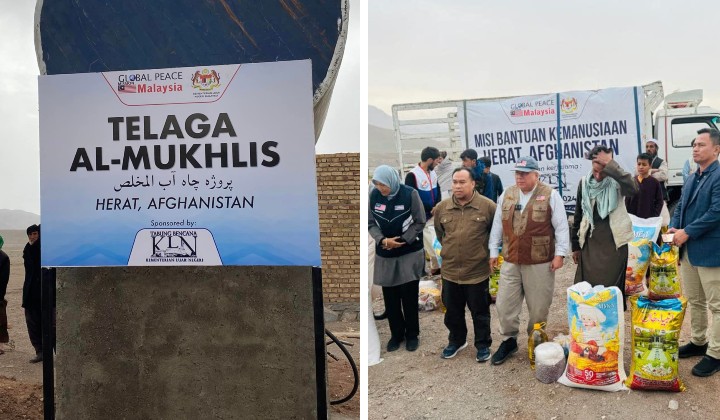Some Countries Announce Covid-19 Restrictions In Preparation Of China’s Full Border Reopening
The US, Italy, Taiwan, Japan and India are among the countries that are tightening their Covid-19 protocols around borders for travellers coming from China.

Subscribe to our Telegram channel for the latest stories and updates.
China is fully reopening its borders in early January after three years, allowing for a more relaxed rule for international travel. Starting 8 January 2023, China will stop requiring inbound travellers to go into quarantine and will allow more mainland residents to travel abroad more easily, reported Reuters.
According to The Washington Post, Monday’s (26 December) abrupt announcement saw China dropping their costly zero Covid policy, which had the country under strict Covid-19 rules including frequent lockdowns in homes, mandatory testing that caused long waiting time outdoors in the cold, and the use of mass quarantine camps for even the mild cases.
Being the last major country to move toward treating Covid as endemic, the new loosening of restrictions in China is meant to help the resumption of travel for business, study and family reunions, especially with the Lunar New Year approaching.
In light of that, the South China Morning Post reported high search traffic surges on the nation’s travel websites, signalling the citizens’ eagerness to travel internationally. Trip.com Group, a travel website company said that among the top 10 destinations that China travellers are targeting are Japan, Thailand, South Korea, the US, Singapore, Malaysia, Australia and the UK.
However, even though Chinese citizens are allowed to travel outside of their mainland starting next month, not every country is welcoming them with unrestricted access.
Countries are adopting entry restrictions
The concern lies in the fact that China’s Covid-19 cases are still high. As stated by the BBC, China is reporting about 5,000 cases a day but analysts say much more numbers are vastly undercounted – the daily caseload may be closer to a million.
Many country officials stated discrepancies in Covid data in China have made it difficult for them to assess and figure out safety measures for their own countries. So far, India, Japan, Taiwan, US and Italy are all opting for tighter border controls to curb the spread of Covid-19 entering their countries.
A week ago, India mandated a Covid-19 test for travellers from China, Japan, Hong Kong, South Korea and Thailand. Health Minister Mansukh Mandaviya said that passengers who are tested positive or show signs of Covid will be put under quarantine. To minimise the risk of any new variant entering the country, they have also begun random testing of about 2% of passengers arriving from other countries at all international airports.
Japan will require tighter border controls for Covid-19 by requiring tests for all visitors from China starting Friday (December 30). Prime Minister Fumio Kishida announced on Tuesday (27 December) that travellers from the mainland would have to show a negative Covid test on arrival or quarantine for seven days. Furthermore, direct flights between the two countries will be limited to four major Japanese airports, for the time being, and won’t be increased, just to be safe.

Besides them, Taiwan will also test all flight and boat arrivals from mainland China for Covid-19 starting January 1. Wang Pi-sheng, head of Taiwan’s Central Epidemic Command Centre said at least 30,000 mainland-based Taiwanese were expected to return to the island for Lunar New Year, so making restrictions to safeguard public health is imperative.
After finding 50% of the passengers on two flights to Milan from Beijing and Shanghai Covid positive, Italy has begun testing all arrivals from China. Health Minister Orazio Schillaci said the mandatory testing for all passengers coming from China is essential in order to protect the Italian population.
Following those, the United States has also recently joined other countries in imposing Covid testing for visitors from China beginning January 5. Initially, US officials expressed concerns about the inadequate transparency of the Chinese Covid-19 data. Beijing’s foreign ministry refuted the claim and accused the Western countries and media of “hyping up” the situation.
Meanwhile, Singapore and Australia said that they will be maintaining their prevailing Covid-19 rules towards incoming travellers from the 1.4 billion-populated country and are not planning to announce new testing requirements. The UK however, is mulling over the topic currently.
What about Malaysia?
In accordance with the surging cases in China, Malaysia has put additional tracking and surveillance measures to keep the fresh infection spike in China in check.
As reported by Bernama, according to Health director-general Tan Sri Dr Noor Hisham Abdullah, the ministry would closely monitor the spread of the infection in the community through the implementation of surveillance activities.
The implementation of surveillance activities involves sentinel locations of influenza-like-illness (ILI) and severe acute respiratory infection (SARI) nationwide.
Tan Sri Dr Noor Hisham Abdullah, Malaysia’s Health Director-General
It is also supported by whole genome sequencing (WGS) activities to detect new variants as well as environmental surveillance through sewage water sampling from identified locations throughout the country.
In addition, among the other measures to be taken is to increase the percentage of booster dose uptakes to reduce the severity of infections and the risk of death.
The ministry will also strengthen the country’s Covid-19 management through the digitalisation of health management by improving the automated Find, Test, Trace, Isolate, and Support (FTTIS) approach. Through that, individuals would just have to report their Covid-19 test results to the MySejahtera application and have the surveillance order or release order issued digitally.

Besides that, Dr Noor Hisham also said that all Covid-19 Assessment centres (CAC) are ensured to be ready to receive a high number of patients. He also stated that the ministry had introduced the use of the antiviral drug, Paxlovid on 15 April to treat patients with mild to moderate symptoms or categories two and three with priority given to high-risk patients.
Despite all the other measures, no news of conducting tests on upcoming Chinese travellers are reported yet.
However, according to the Transport Minister, Anthony Loke, Malaysia will see a surge in flight demand following the reopening of China’s borders. There will be flights going in and out of China and he believes that it will increase the air traffic movement between both countries next year.
Share your thoughts with us via TRP’s Facebook, Twitter, and Instagram.





